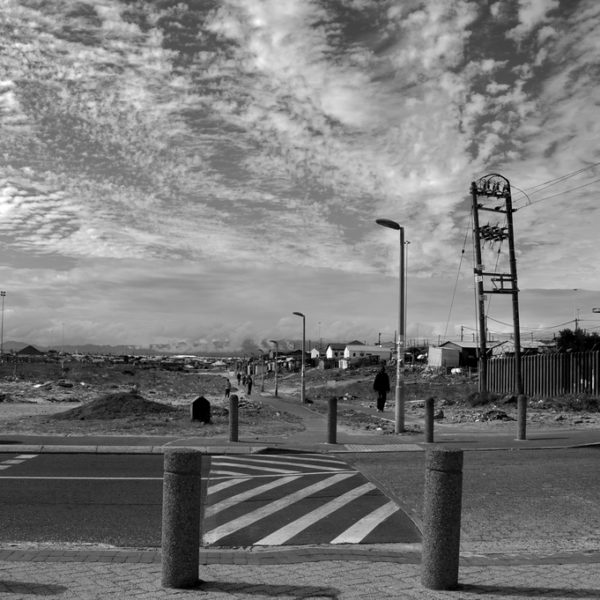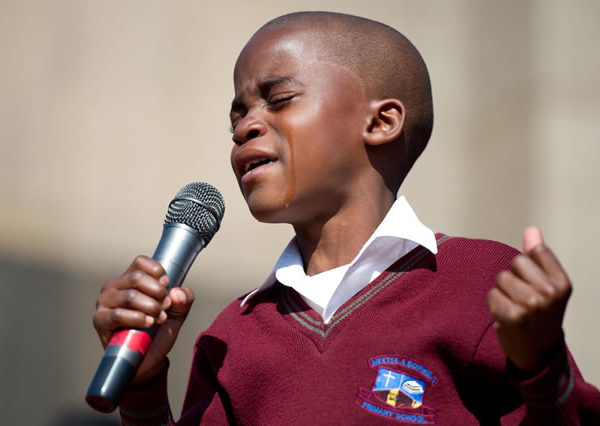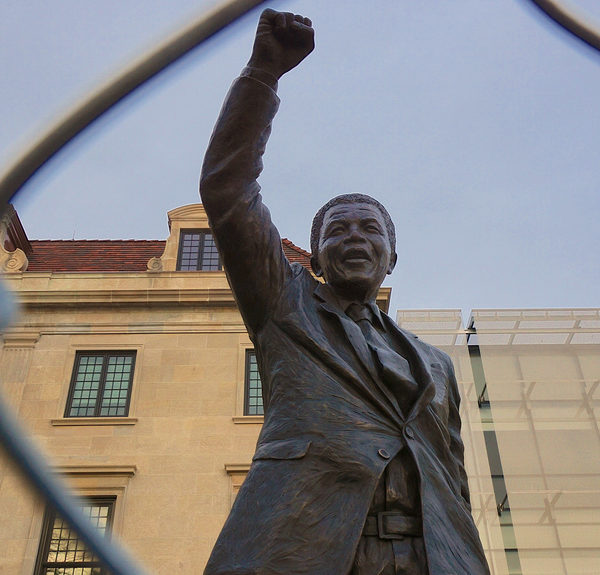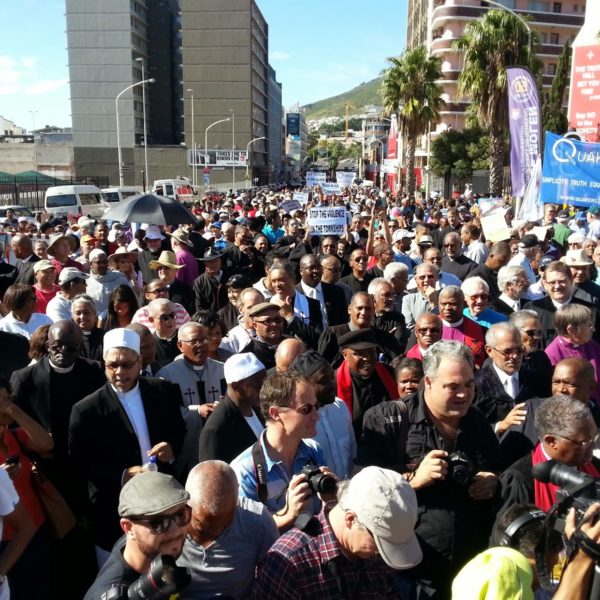
It would be nice to be able to write the following in the wake of Nelson Mandela’s demise: Mandela was a freedom fighter to the end, a figure whose legacy has not only brought justice and equality to the people he left behind, but also has worked as a moving inspiration for the world leaders who gathered last week to bid his spirit farewell.

“Have you heard that Mandela died?” The staggering impact of this question took my breath away as I stepped into the office after a full day of classes on Thursday, December 5th. I texted my daughter who had grown up in South Africa, with these simple words, “Wow – this is huge!” Mourning the loss of Mandela has been an enormous undertaking.

“Most politicians represent an interest group, a community of people who vote for them and whose interests they serve. Nelson Mandela was different; he represented a community that did not yet exist, a community he hoped would come into being.” —Rowan Williams
